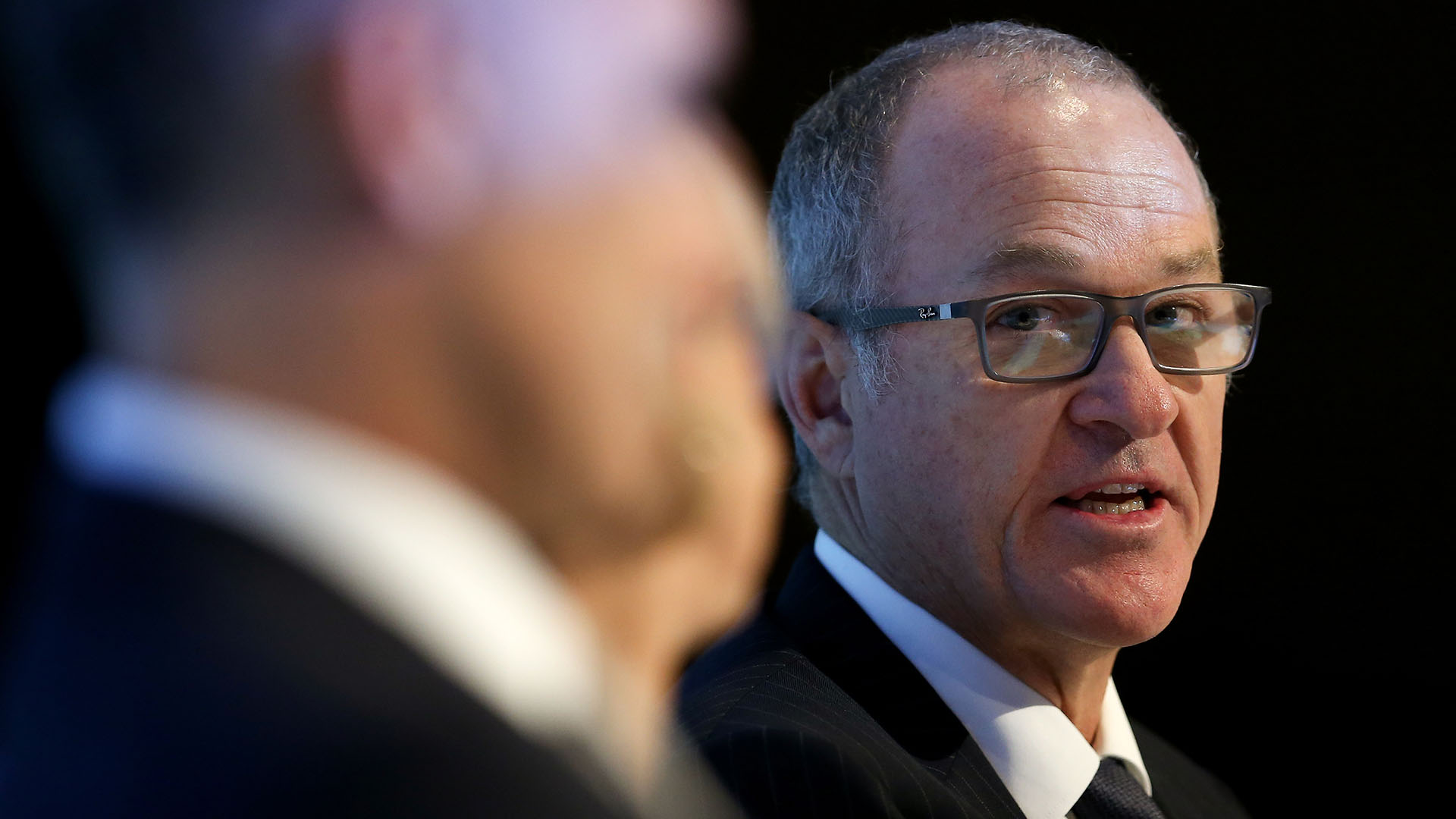THE AUDITORS
Accounting firms accused of ‘operating with impunity’ as regulator flags growing number of flawed audits
The U.S. regulator tasked with ensuring audit quality has found an uptick in deficiencies three years in a row. But its efforts to force auditors to change don’t seem to be working.

A U.S. regulator has found that audits conducted by global accounting firms have grown increasingly flawed and warns that these deficiencies undermine investors’ ability to make informed decisions.
In a report released last week, the Public Company Accounting Oversight Board said that roughly 40% of audits it inspected in 2022 had such significant deficiencies that the audit firm did not have sufficient evidence to support the opinion it rendered on clients’ financial statements or financial reporting.
Audit quality has been deteriorating in recent years, and the report states that “the most significant increase” in flaws occurred within the global network firms, a category that includes the “Big Four” accounting firms: Deloitte, Ernst & Young, KPMG and PwC. The PCAOB found that 34% of audits in 2021 and 29% in 2020 had such deficiencies.
When also considering other deficiencies in PCAOB standards, the regulator found that roughly 6 in 10 audits were flawed — an increase from 55% in 2021 and 44% in 2020.
The PCAOB has attempted to draw public attention to flawed audits by increasing the transparency of its own inspections regime. Earlier this year, it announced that it would publish more information on audit firms’ independence violations and make it possible to compare different firms’ deficiency rates. The PCAOB also fines audit firms that violate its standards or related U.S. laws. But critics say that the PCAOB remains too weak to act as an effective regulator of the audit industry. Two decades after the regulator was created, audit quality is trending in the wrong direction, and the PCAOB is currently mired in a struggle to strengthen auditor obligations to identify fraud.
“The penalties imposed by PCAOB have not changed behavior; one can conclude that the fines are too small to change the thinking of audit partners,” said J. Edward Ketz, an associate professor at the Smeal College of Business at Pennsylvania State University. “We see [the PCAOB’s ineffectiveness as a regulator] as well in the continued resistance to ferreting out fraud. Auditors do not want that responsibility, and so they resist the PCAOB’s efforts.”
The penalties imposed by PCAOB have not changed behavior; one can conclude that the fines are too small to change the thinking of audit partners.
— J. Edward Ketz, an associate professor at Pennsylvania State University’s Smeal College of Business
KPMG and PwC have faced recent public scrutiny due to their auditing practices. Deforestation Inc., an ICIJ-led investigation, showed how KPMG’s environmental auditing practices overlooked forest destruction in Canada and Indonesia. The firm did not respond to ICIJ’s questions at the time of the investigation, but a KPMG Canada spokesperson said the company is “committed to delivering high quality services in accordance with applicable regulated and international standards.”
In Australia, PwC has become embroiled in a political scandal after one of its partners shared confidential government information about upcoming tax reforms with his colleagues, who used it to drum up new business from companies eager to avoid a higher tax burden. The scandal, which was first revealed in January, recently resulted in the sale of PwC Australia’s consulting arm for less than $1 and the firing of eight of the firm’s partners. A PwC spokesperson said the company’s clients were not involved in any wrongdoing and no confidential information was used to enable clients to pay less tax.
According to the PCAOB report, audit firms attributed the growing number of flaws in their work to reliance on remote work due to COVID-19, higher-than-normal staff turnover and the subsequent use of less experienced staff. PCAOB chair Erica Williams rejected attempts to use the pandemic as an excuse, writing in a Wall Street Journal op-ed that three years on, “these challenges are no longer new and firms should have a strategy to meet them.” In a separate statement, Williams described the report’s findings as “absolutely unacceptable” and called on firms to “make changes to turn things around.”
The larger question, though, is whether the PCAOB is capable of putting enough pressure on audit firms to change how they do business. Francine McKenna, the author of the newsletter The Dig, which focuses on the auditing industry, argues that industry influence and political pressure continue to shackle its ability to act as an effective regulator.
“The PCAOB is a regulator that was never really given the authority and the heft to tell the audit firms, ‘You need to improve, you need to get it done, or there will be repercussions,’” McKenna told ICIJ. “The largest firms have the upper hand and are operating with impunity.”



